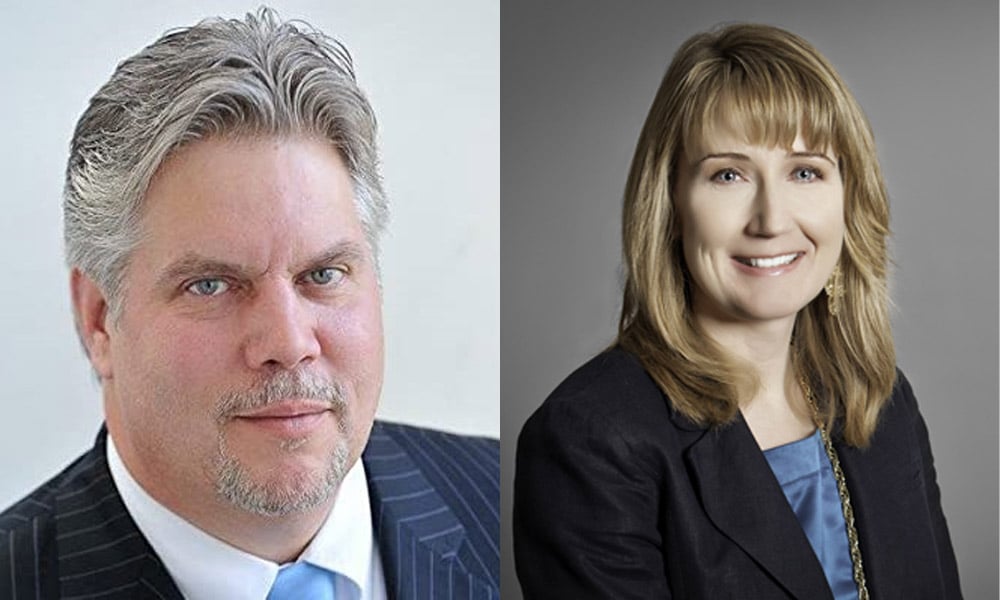There is an e-discovery education gap in Canada, says Ann Halkett, Vancouver chapter president

The Association of Certified E-Discovery Specialists is developing an education, training and certification program for Canada and plans to launch the CEDS Canada exam sometime in Q4.
With chapters in Toronto and Vancouver, ACEDS provides training and professional development courses in e-discovery and related disciplines to law firms, legal departments, government and educational institutions. The CEDS Canada certification will be based on Canadian law, legal practice and custom and is currently in its final development stage.
“All documents today are created on a computer,” says Michael Quartararo, ACEDS president. “And because Canada – like the U.S. – has this notion of discovery in legal proceedings and documents need to be exchanged, there needs to be an understanding, a universal way to manage that process.”
With documents in many disparate forms, there must be a unified manner of collecting, processing, reviewing and exchanging that information in discovery, he says. Without it, there will be potentially corrupted documents, bad metadata, and an impact on the integrity of the evidentiary process.
“An email could be the smoking gun in a legal proceeding,” Quartararo says. “… And there's rules for admissibility and authenticity. And that's what we do. That's what we train on. And that's what the certification is geared towards.”
“Overall, in Canada – and I don't know how to say this without sounding, you know, sort of disparaging – they're a little behind.”
There is an education gap in Canadian e-discovery practice, says Ann Halkett, an ACEDS certified e-discovery specialist, president of Vancouver’s ACEDS chapter and director of e-discovery services at Alexander Holburn Beaudin + Lang LLP.
“It's got one foot in technical, and it's got one foot in legal, and you need to have an understanding of both in order to do it properly,” she says.
Halkett says she hopes the standardization from CEDS Canada will transform the e-discovery landscape in Canada by giving practitioners a “baseline of knowledge.”
Alexandre Gélinas is senior manager, ediscovery and forensic technology at PwC. He is a subject matter expert helping to develop the CEDS Canada program.
“It's a challenge sometimes to start discussing with opposing parties the standards you're going to be using for your file,” he says. “… If you can talk the same language – although, you have to respect the local regulations regarding evidence disclosure – if you can come to at least the same basic principle that would be offered by the CEDS training, that's going to make things way easier upfront on a case and save time and money for clients.”
“I'm looking forward to seeing more certified people in Canada.”










